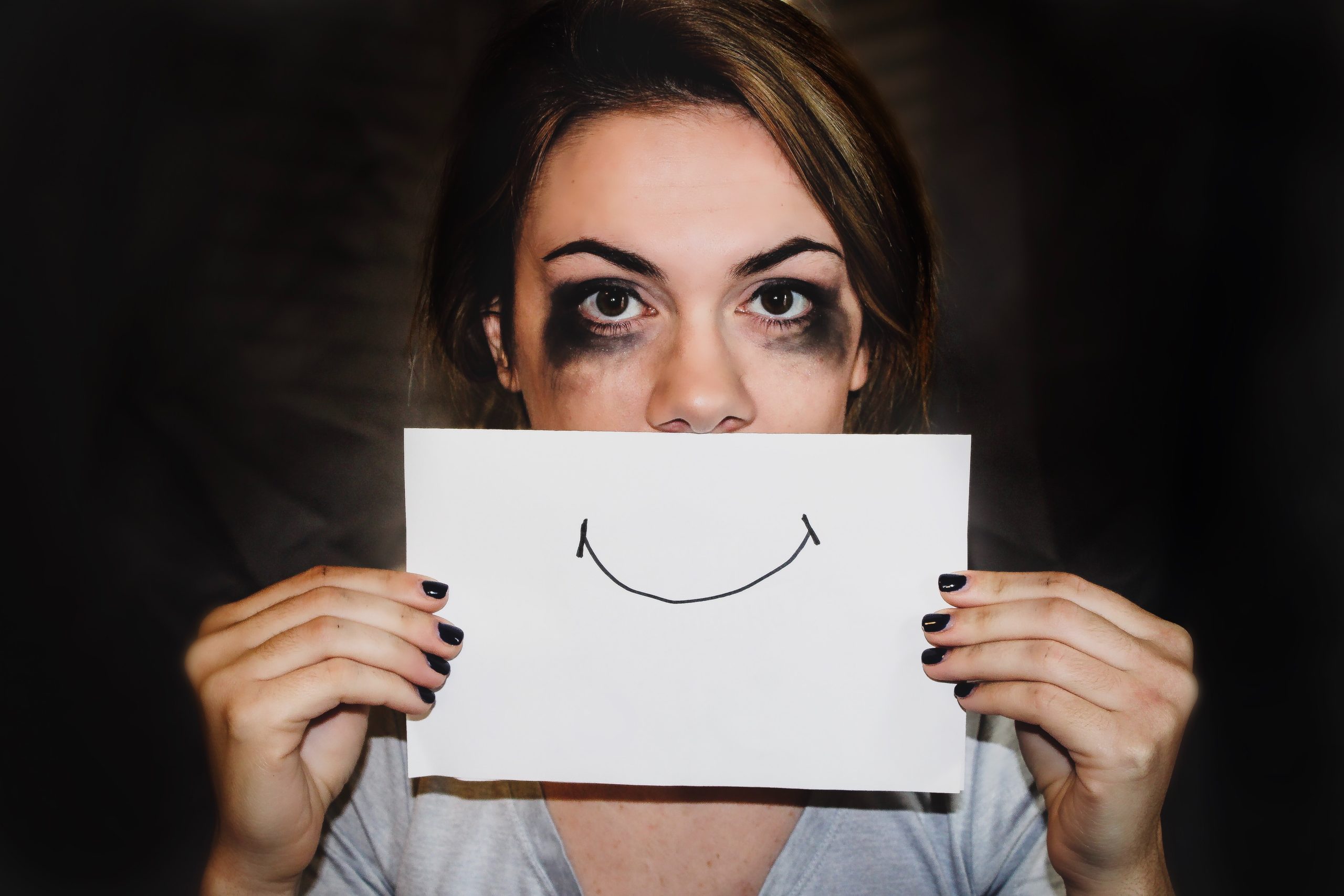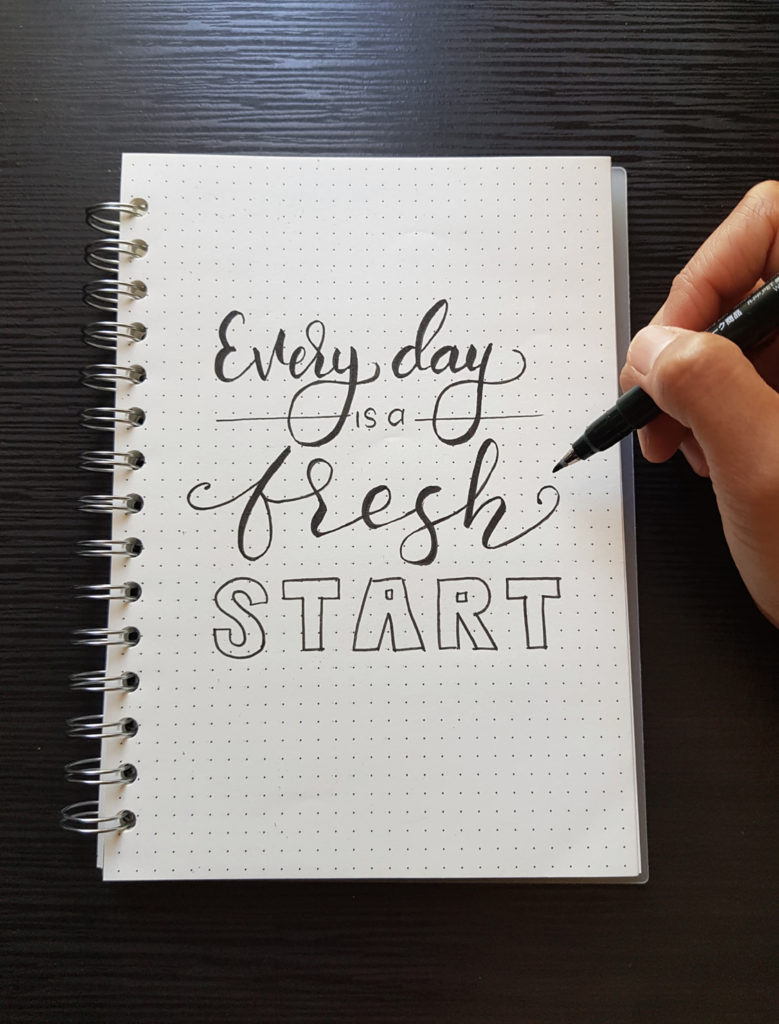get it now
free
Weight Loss Boosters Guide & Worksheet
This guide to 13 weight loss hacks is a single source for strategies to help you lose the last nagging 10 pounds or to get you started with insider knowledge about scientifically proven ways to lose weight (many you may not have heard before). You will feel empowered with the right information to help you reach your weight loss goal!
I help busy women lose weight and increase their energy so that they can do more fun things in life.
HI, I'M KRISTINE
DOWNLOAD MY FREE RECIPE BOOK
Need to lose weight? Grab this free recipe book to get you started!
DOWNLOAD FREE 10 WAYS
TO EXERCISE WITHOUT A GYM
Having trouble getting to the gym? Grab this free guide to help you get started exercising today!

What Is Anxiety and Why It Is Different from Stress? What Can You Do About It?
Understanding how anxiety differs from Stress and what you can do about it, will empower you with some strategies to improve the quality of your life. In July 2022, the Centers for Disease Control (CDC) found that 36.6% of people in the US suffer from anxiety1, which was up from 15.6% in 20192. Clearly, the events of the past several years during the pandemic have played a role in driving up the incidences of people reporting anxiety, but there are other factors to consider as well. Other potential causes of anxiety are addressed further below along with strategies for how to deal with them.
My Journey
Why did I write this article?
I wrote this article because I had my own experience with stress and anxiety in early 2020, when the Company where I worked was impacted by the pandemic shutdowns and forced to file for Chapter 11 Bankruptcy protection. This type of protection is called a reorganization bankruptcy where the court works with various stakeholders to come up with a plan for the company to continue operating. It is a long arduous process that doesn’t always end favorably. But, fortunately the Company had good advisors and management, so ultimately emerged successfully.
During this time though, I started having nightly episodes of sleeplessness and paralyzing fear that something bad might happen. Before this, I could never really relate to the expression, “What keeps you up at night?” because I had always been a good sleeper. Nothing really bothered me much, until then. I was experiencing not only months of poor sleep, but also anxiety. It was this overwhelming feeling that I might fail. I was terrified that I would disappoint everyone who depended on me. Being a high achiever ‘Type A’ personality my entire life, it is not a surprise in hindsight, that I was prone to have that situation affect me they way it did.
I knew that I was under a lot of stress, but I thought that I was coping well. Despite eating a healthy diet being whole food plant based for years, walking, practicing yoga, taking breaks throughout the day, and even dabbling in meditation, I was struggling. As a result, I started researching what I was experiencing. It wasn’t until I did the research that I understood the unique differences between anxiety and stress.
I wrote a related article on Techniques for Coping With Stress that you might find helpful.

Is it Anxiety or Stress?
According to the World Health Organization (WHO), “Stress can be defined as any type of change that causes physical, emotional, or psychological strain. Stress is your body’s response to anything that requires attention or action.”3 This can be a very healthy thing to spur you on to get things done, achieve goals, and move in a positive direction. However, when stress is viewed negatively, prolonged and unmanaged it can lead to anxiety.
Anxiety is defined by the NIH as “…your body’s reaction to stress and can occur even if there is no current threat.” Unmanaged anxiety that persists can interfere with your life and affect your health. Potential health consequences include sleep disturbance, poor immune response, poor digestion, cardiovascular and reproductive issues, as well as higher risk for mental illness including an anxiety disorder or depression.”4
The WHO further defines an anxiety disorder as “… characterised by excessive fear and worry and related behavioural disturbances. Symptoms are severe enough to result in significant distress or significant impairment in functioning.”5
So? How do you know when you have crossed over from stress to anxiety?
Stress and Anxiety – External vs. Internal
When I was researching this topic, I came across a helpful tool4 for understanding the difference between stress and anxiety that was published by The National Institute of Health (NIH).
According to the NIH article, the general difference is that stress is external whereas anxiety is internal. Stress originates from deadlines, a long list of ‘to dos’, an argument, or a test, but the feeling goes away once the situation is resolved or the task is complete. Both stress and anxiety can cause excessive worry, uneasiness, tension, physical pain like a headache, higher blood pressure and loss of sleep. 4
Whereas anxiety symptoms per the NIH article, “Usually involve a persistent feeling of apprehension or dread that doesn’t go away, and that interferes with how you live your life. It is constant, even if there is no immediate threat.” 4
Therefore, stress is external and generally goes away once the situation is over, but anxiety is persistent and is generated from within. You feel it even if there is no apparent stressor. You become fearful of what might happen in a particular situation or in the future.

Dr. Wendy Suzuki, a neuroscientist and a Professor of Neural Science and Psychology at New York University’s Center for Neural Science and author of the book Good Anxiety talks more about this issue in her conversation6 with Dr. Rangan Chatterjee. They discussed why she believes that anxiety can be your superpower. She defines anxiety as fear and worry over situations of uncertainty. She says that anxiety always comes from stress and that you generally feel anxiety over things that you really care about. You get these feelings when you believe that you are not in control of a situation, and you allow your belief that it could go awry over something that is important to you. It is your brain sending you signals to pay attention and act on something so that you can achieve success.
Common Reasons for Anxiety
People today are on their devices constantly. If so, your brain is receiving thousands of inputs without time to be quiet and process or reflect. Dr. Chatterjee in his book, The Stress Solution, attributes all the inputs from our devices as micro-stressors that add up quickly. Consider what healthy boundaries are for you, and practice unplugging from being online.
Further, the 24/7 news feed makes money by keeping you engaged. Have you noticed that everything is ‘breaking news” these days? These stories are designed to grab and hold your attention. The longer you watch or stay online the more advertising income the news and online services can make. Their incentives are to keep you hooked and engaged. The problem is that our brains never get a rest.
Dr. Chatterjee believes that every person is equipped with the ability to handle stress to a point, and it can vary from day to day. Once you hit your threshold, you may overreact to stressful situations. At that point, your ability to respond effectively is severely diminished. 7 Below are several strategies to help you keep yourself from reaching your upper limit of stress.

Strategies for Dealing with Anxiety
Similar to coping with stress, when you get an anxious feeling, reframe it in your mind as a positive, and use it to spur you to act. This could mean determining what are your most important goals and aligning your task list to support those goals. This helps reduce the feeling of overwhelm. It can also mean that you need to take a mental break.
Below are steps you can take to reduce the impact of symptoms if you’re anxious:
- Be present. Focus on the now. It can be helpful to focus on your breath or do a breathing pattern. When faced with an anxious feeling, try breathing in for 5 counts and out for 10 counts to activate the parasympathetic nervous system, which should immediately calm you.
- Meditation and mindfulness practices even just 10 minutes can help our brains to focus. 6 Meditation creates higher gamma waves in the brain, supports your brain’s ability to focus and improves your mood. Use apps like Calm or Breathe if you are not familiar with meditation.
- Sleep. Focus on ways to improve sleep. Keep your room cool and if possible, crack a window to circulate outside air (assuming your window is not on a busy street). Keep your room dark and free of electronic devices.
- Unplug. Set healthy boundaries with your devices and social media. Turn the volume down on the inputs to your brain. Your brain needs downtime to process and rest. Sit and be with yourself in a quiet place. Being in nature is even better if you can go to a park or for a hike.
- Keep a journal. Writing down the feelings and stresses that you are experiencing. See if you can identify what is causing you stress and what things make you feel better.
- Reframe negative thoughts in a positive way. Develop a positive mindset. For example, if you routinely tell yourself that you are not capable of doing public speaking, then reframe the thought as: “I am an excellent communicator and I can speak authoritatively in a public setting.” The more you reinforce positive thoughts, the better your mindset is likely to become automatically.
- Set Priorities7. Greg McKeown says, “Don’t treat competing priorities as equally valuable.” When you make everything a priority then nothing is really a priority.
- Prioritize your day7. At the start of each day, decide on a few realistic and achievable actions aligned with your most important goals. Once complete, plan to stop for the day. Be proud of accomplishing the most important things you set out to do for the day and relax.
- Act. If you are feeling anxious it is usually because you are concerned about something that you care about. Identify what you can or need to do, and create a list. The list should primarily include the things that are true priorities in your life.
- Exercise6. Go for a walk, jog, or do some yoga. Dr. Wendy Suzuki noted that there is a direct correlation between anxiety and exercise. She says that walking as little as 10 minutes can reduce anxiety levels and bathe your brain in positive neurochemicals like serotonin, dopamine, and adrenaline. Stanford Professor, Dr. Kelly McGonigal, says that people who exercise regularly are more resilient to stress. Exercise can improve mood and feelings of joy and that your muscles essentially manufacture natural antidepressants.7
- Practice Breathing Exercises7. Breathing more slowly can reduce stress. Take a slow and steady breath. Consider using apps like Calm or Breathe for guided breathing techniques. James Nestor wrote the book Breath: The Science of the Lost Art has a video8 you might find useful.
- Avoid unhealthy substance use4. Drug and alcohol use and even caffeine can cause or worsen anxiety.
- Practice Affirmations7 like: I am healthy, calm and I am having a wonderful day. It can rewire your brain to believe what you are telling yourself often with a positive result.
- Optimistic Outlook7. Practice a positive mindset and envision a positive outcome can help relieve anxiety. Visualize a positive result and the steps you will take to get there. It will make the work to achieve it far less stressful. This strategy helps to create resilience.
- Listen to Your Favorite Music7 activates the reward area of your brain. This is a tool that can decrease anxiety and increase happiness.6
- Find Your Purpose7. Knowing what your purpose is and your ‘why’ for doing things can reduce the negative impact of stress. Living your life intentionally can reduce the internal conflict between your values and your actions.
- Do things you enjoy7. Doing things that you love and enjoy is a form of self-care and can reduce stress.
- Spend time with Friends7. Connect with your friends as it is important to have close personal relationships to avoid feeling lonely. Spending time with good friends and talking with someone you trust about things that are troubling you can reduce stress.
Anxiety can be debilitating especially when you don’t know why its happening or what to do about it. Anxious feelings can seem as if your body is rebelling against you. Now you know that it is your body’s ancient and wise survival mechanism signaling to you to act in support of something that you care about.
However, if these techniques are not resolving your anxiety, and it is interfering with your life and health, then seek help from a professional. Left untreated persistent anxiety can lead to anxiety disorders. If you are diagnosed with an anxiety disorder, then cognitive behavioral therapy by a trained professional can be very helpful.
You now have some strategies if you experience anxiety. For me, I no longer have these anxious feelings and I have resolved my sleep issues. It took a bit of work employing many of the tools above, but I am now grateful to be anxiety free.
Sources:
- https://www.cdc.gov/nchs/data/nhsr/nhsr172.pdf
- https://www.cdc.gov/nchs/products/databriefs/db378.htm
- https://www.who.int/news-room/questions-and-answers/item/stress#:~:text=Stress%20can%20be%20defined%20as,to%20your%20overall%20well%2Dbeing.
- https://www.nimh.nih.gov/health/publications/so-stressed-out-fact-sheet
- https://www.who.int/news-room/fact-sheets/detail/mental-disorders
- https://drchatterjee.com/why-anxiety-is-your-superpower-with-dr-wendy-suzuki/
- https://drchatterjee.com/powerful-daily-habits-to-reduce-stress-and-anxiety/
- https://www.youtube.com/watch?v=f6yAY1oZUOA
Leave a Reply Cancel reply
ABOUT
connect with me
contact
Disclaimer: The information on this website is for educational purposes only. It is not medical nor professional advice. Please consult your doctor or other health professional before implementing any information found on this website. Click here to view the full disclaimer in our terms and conditions of use policy.
leave a comment